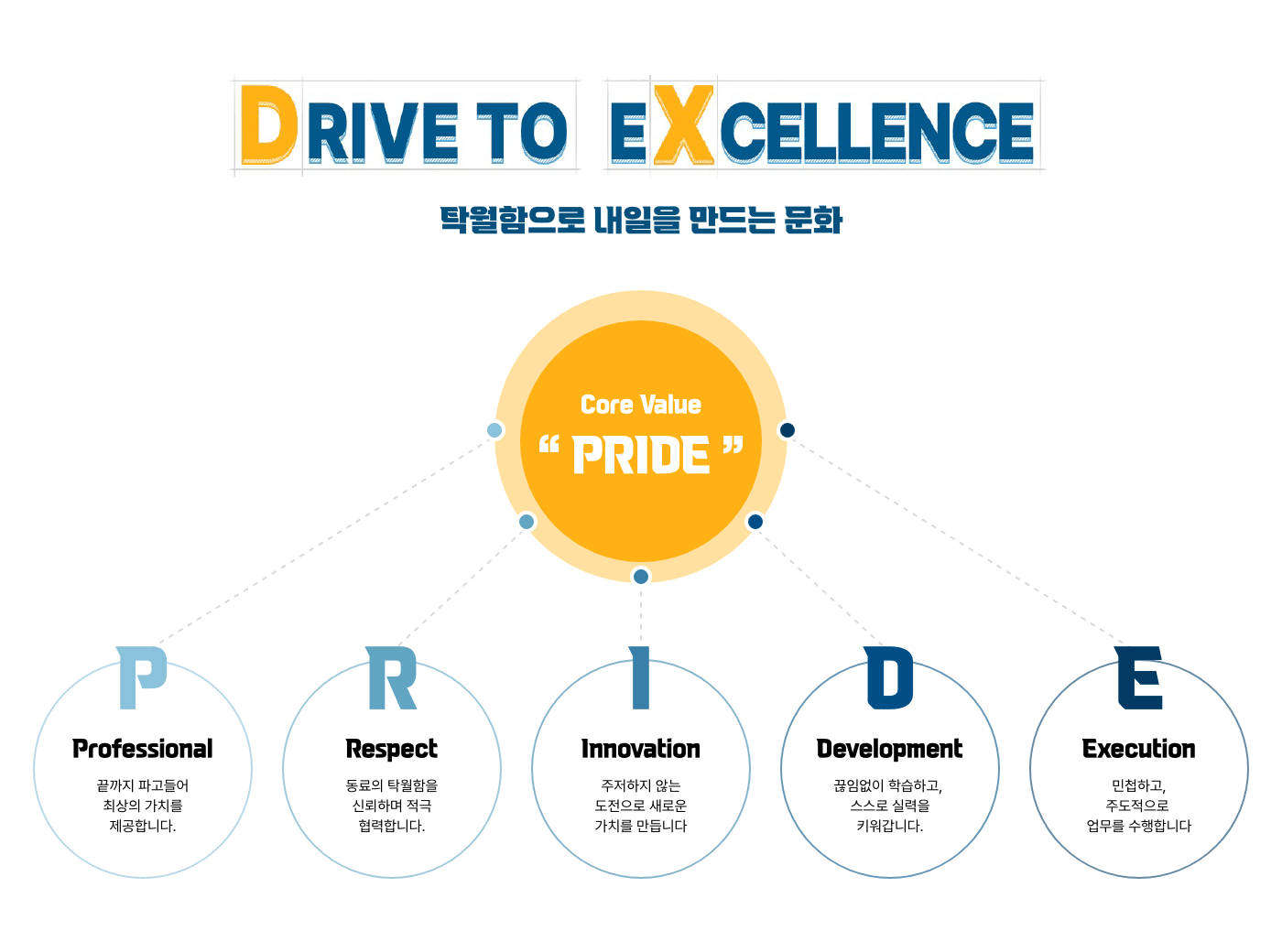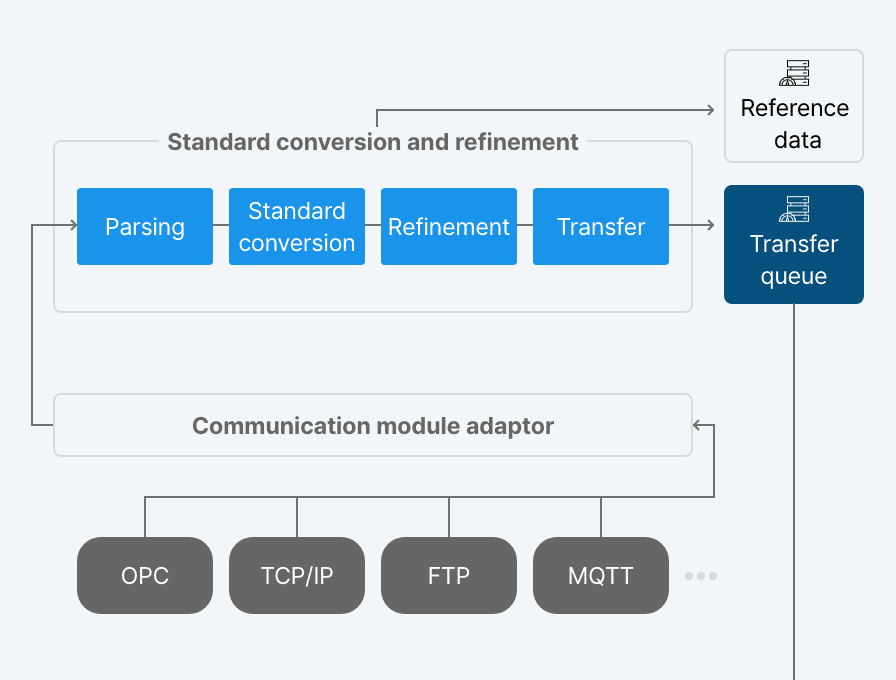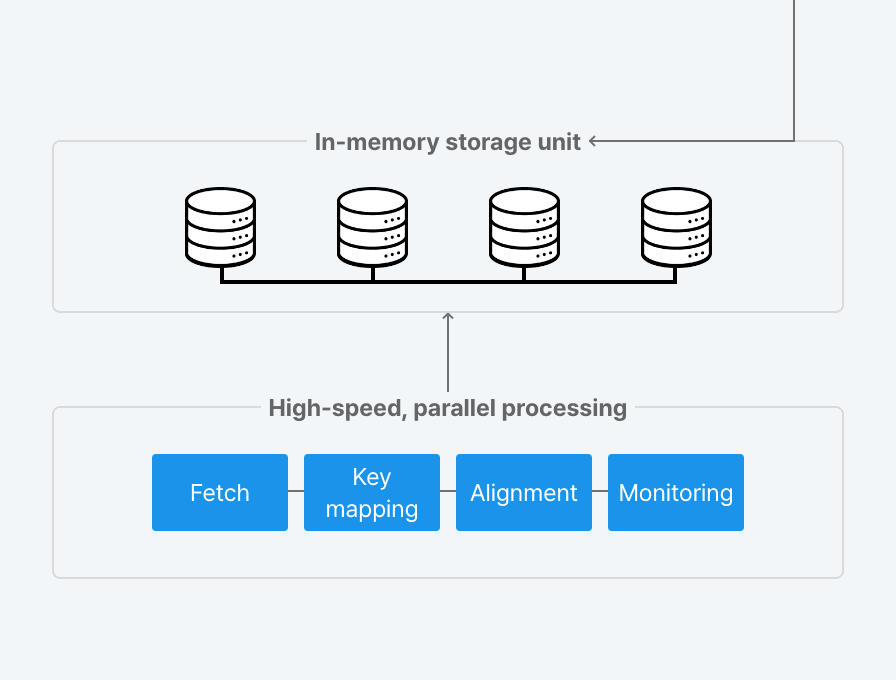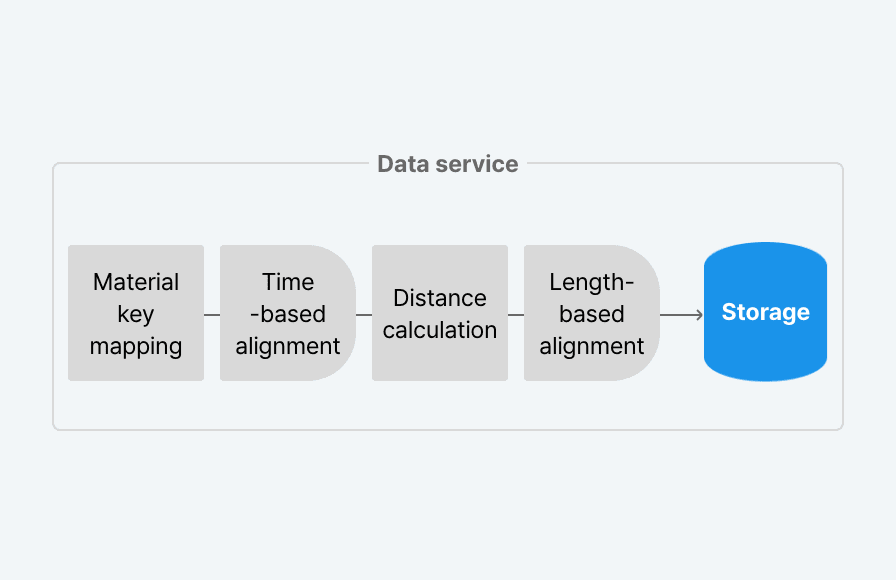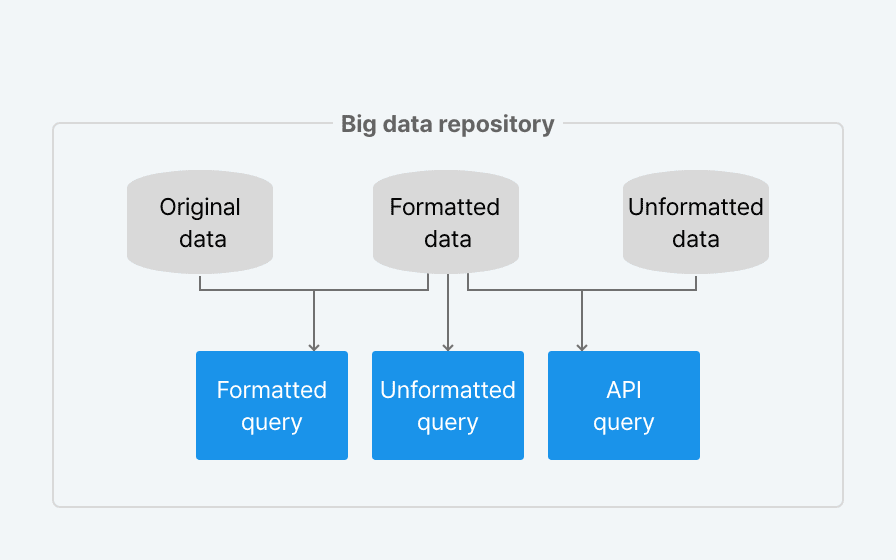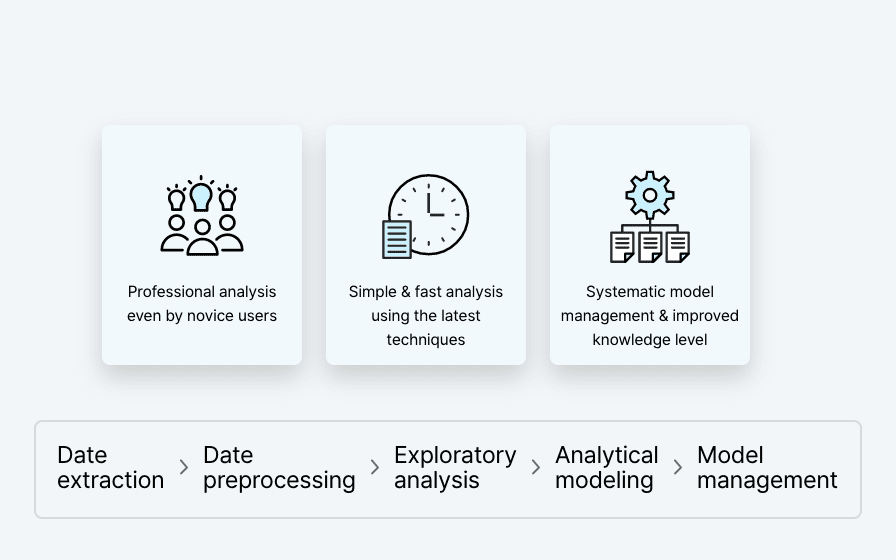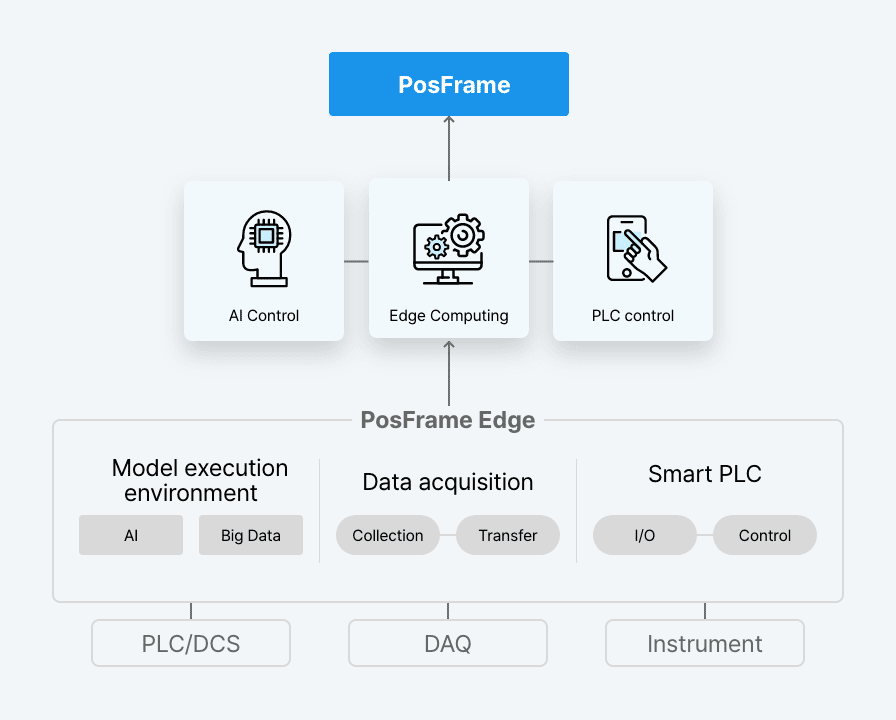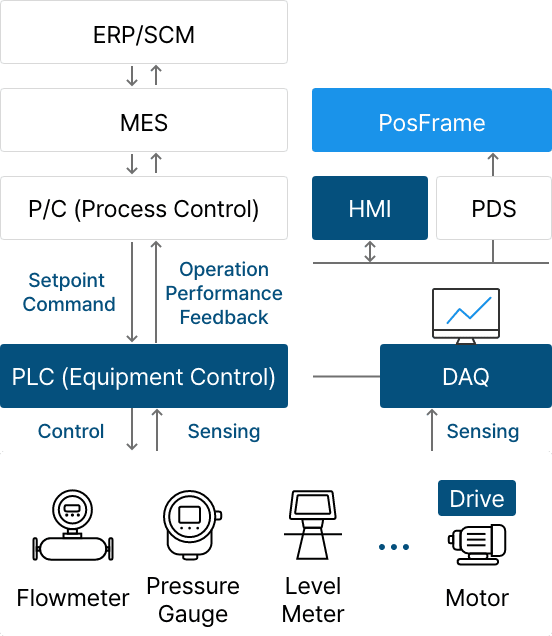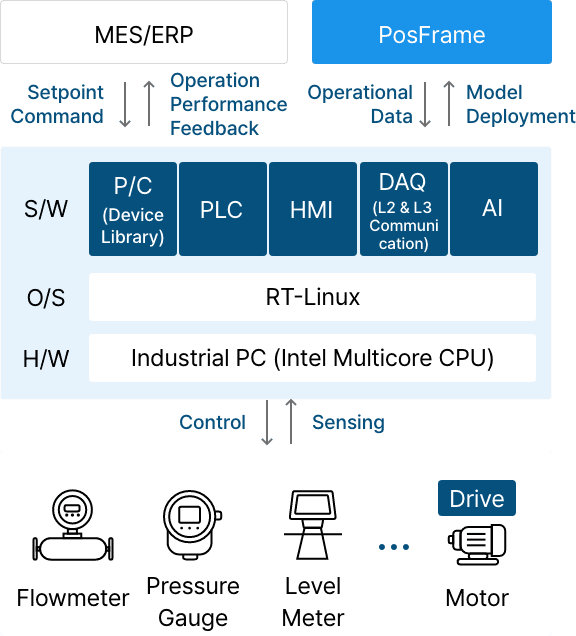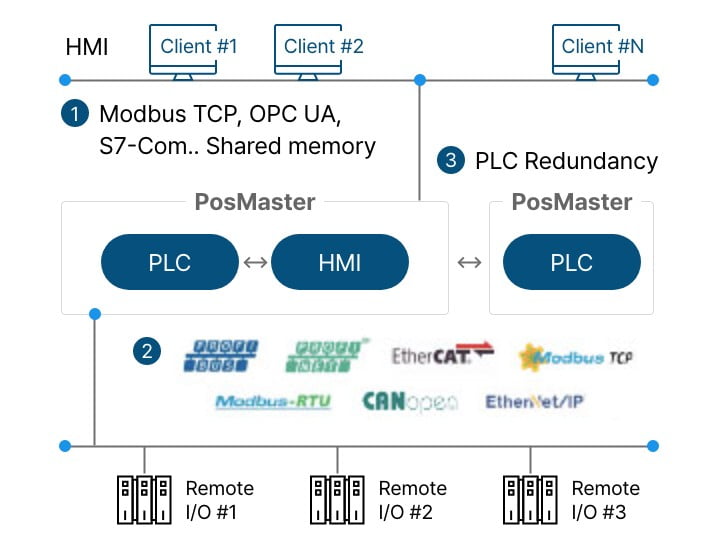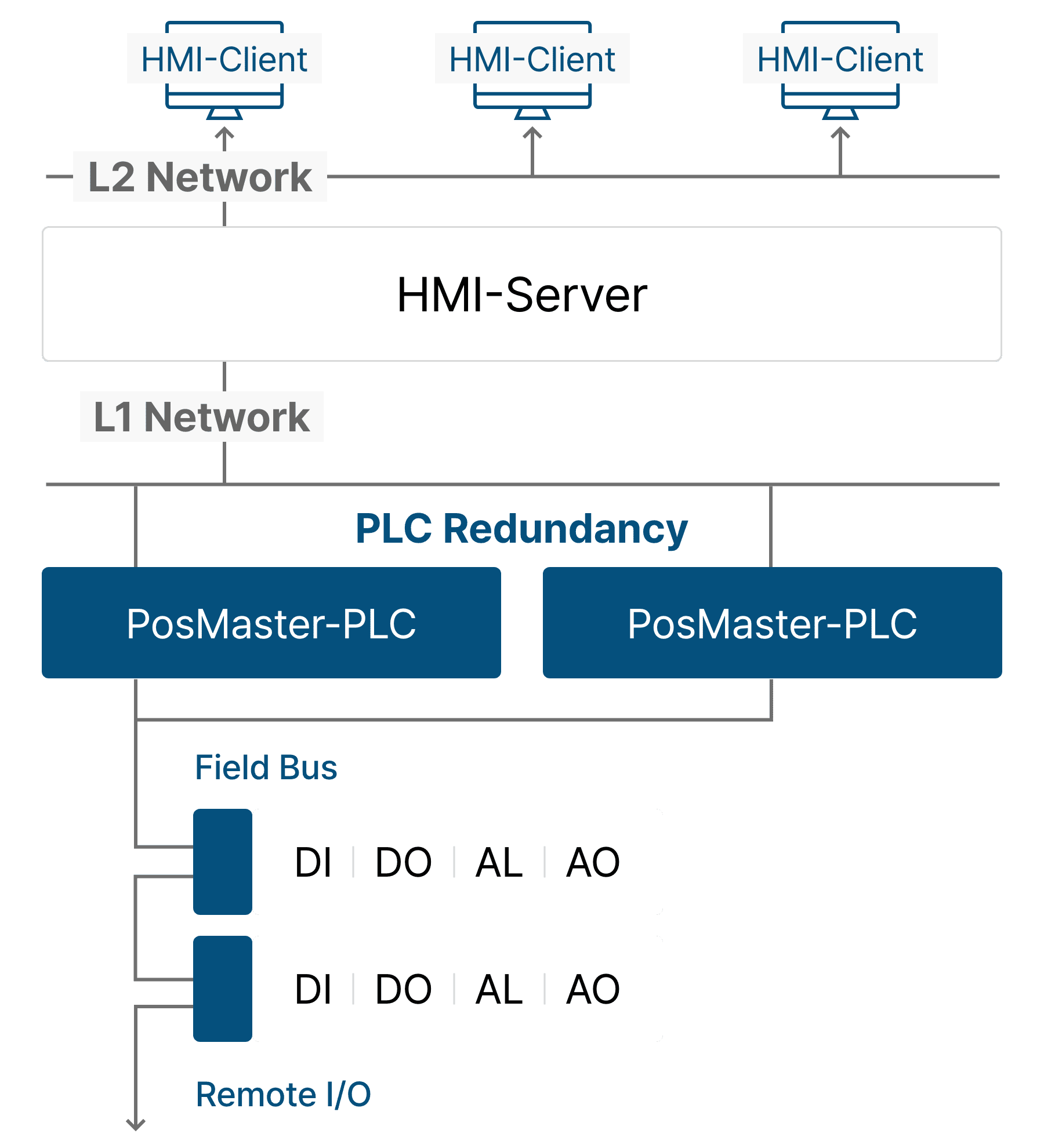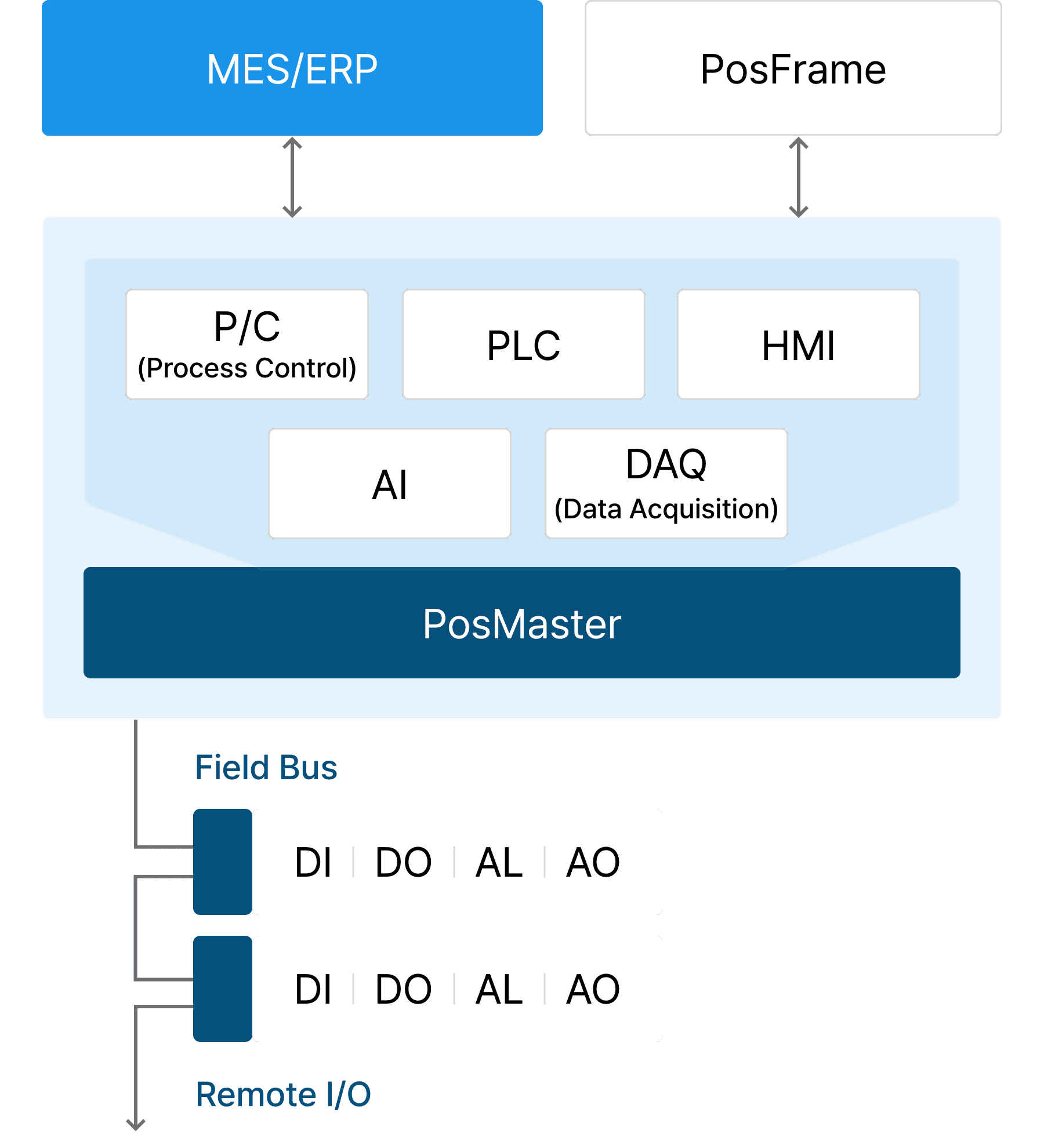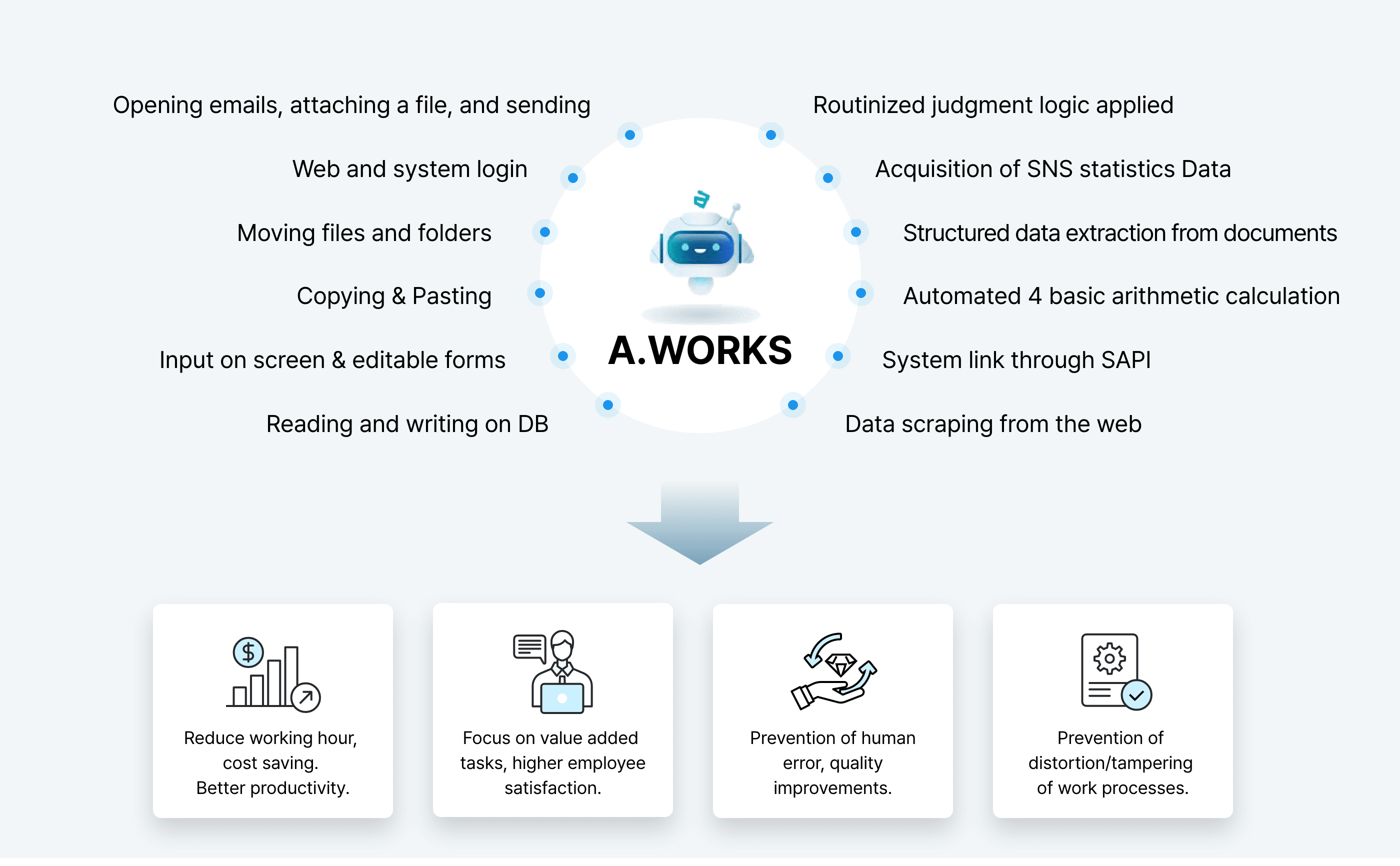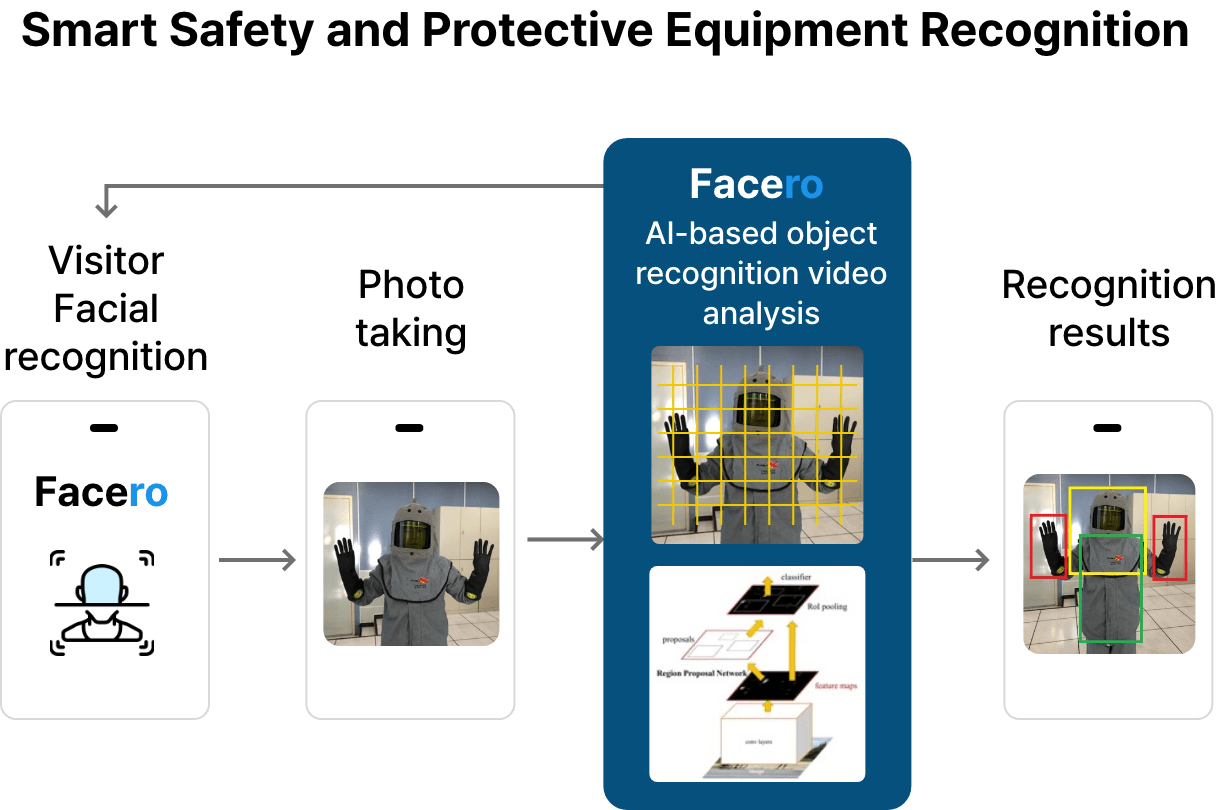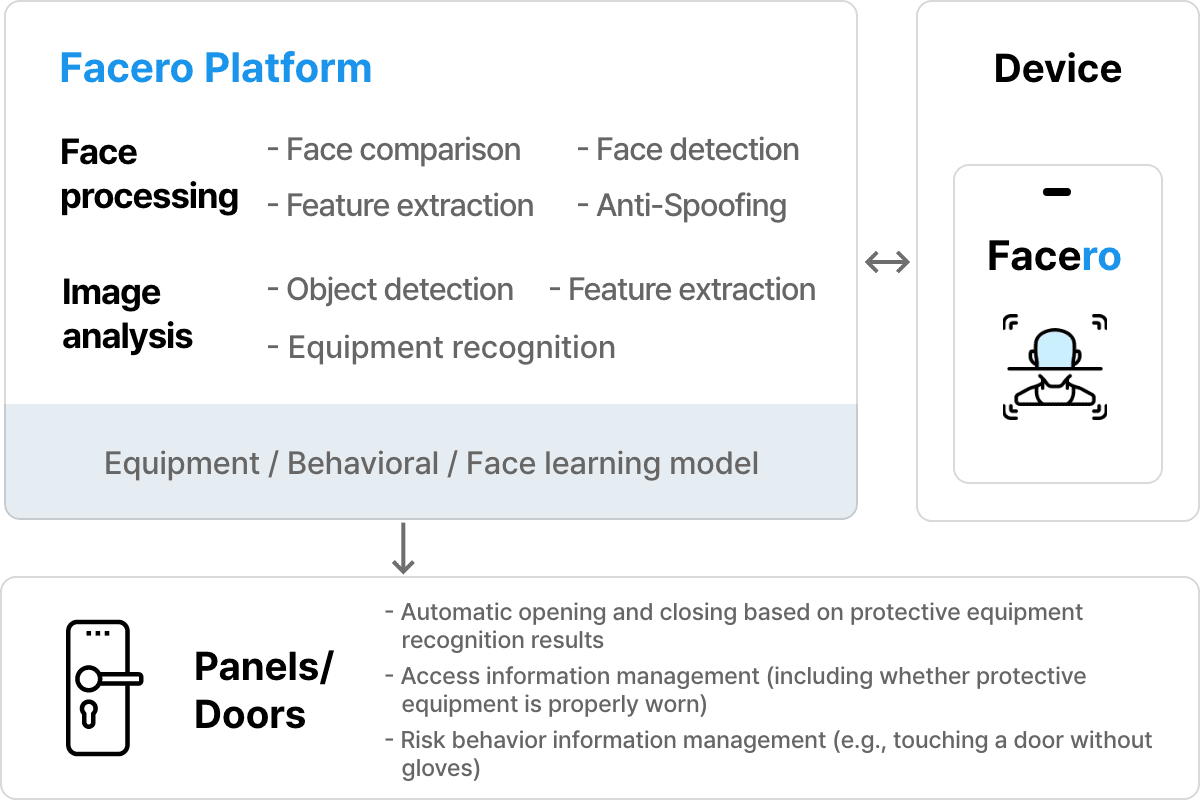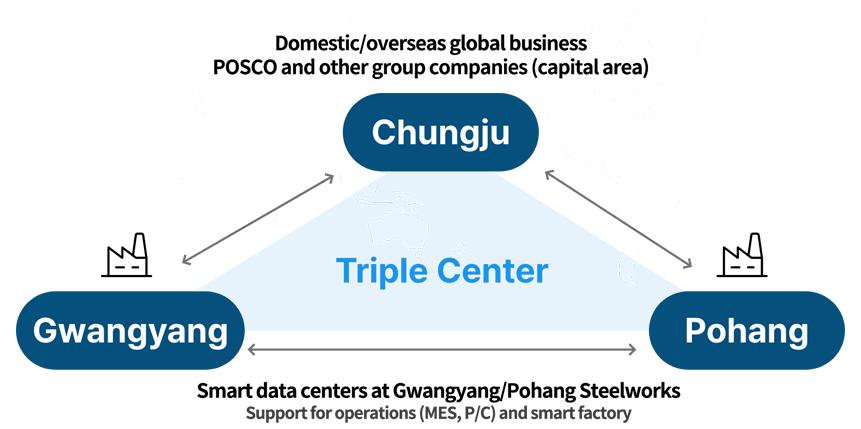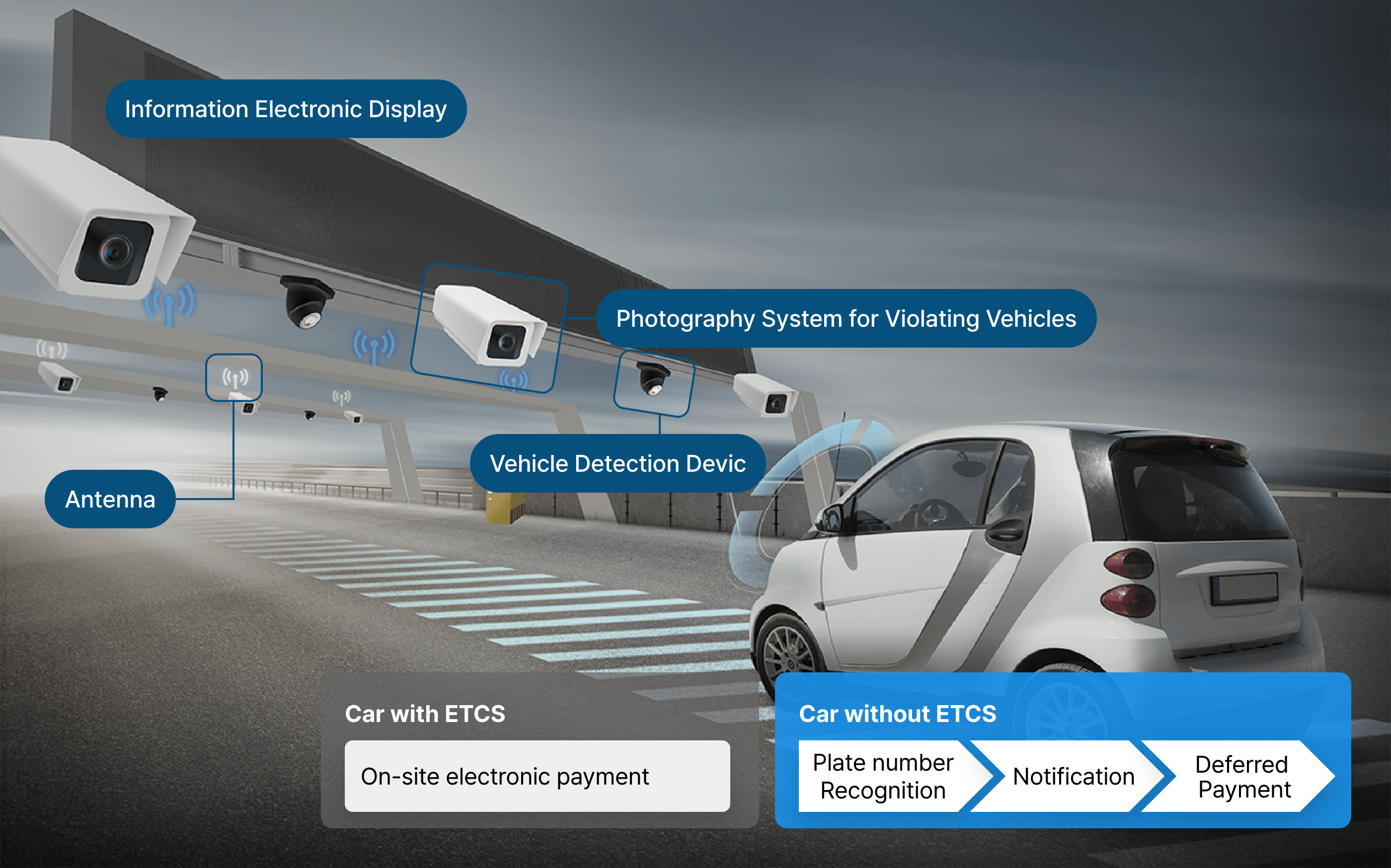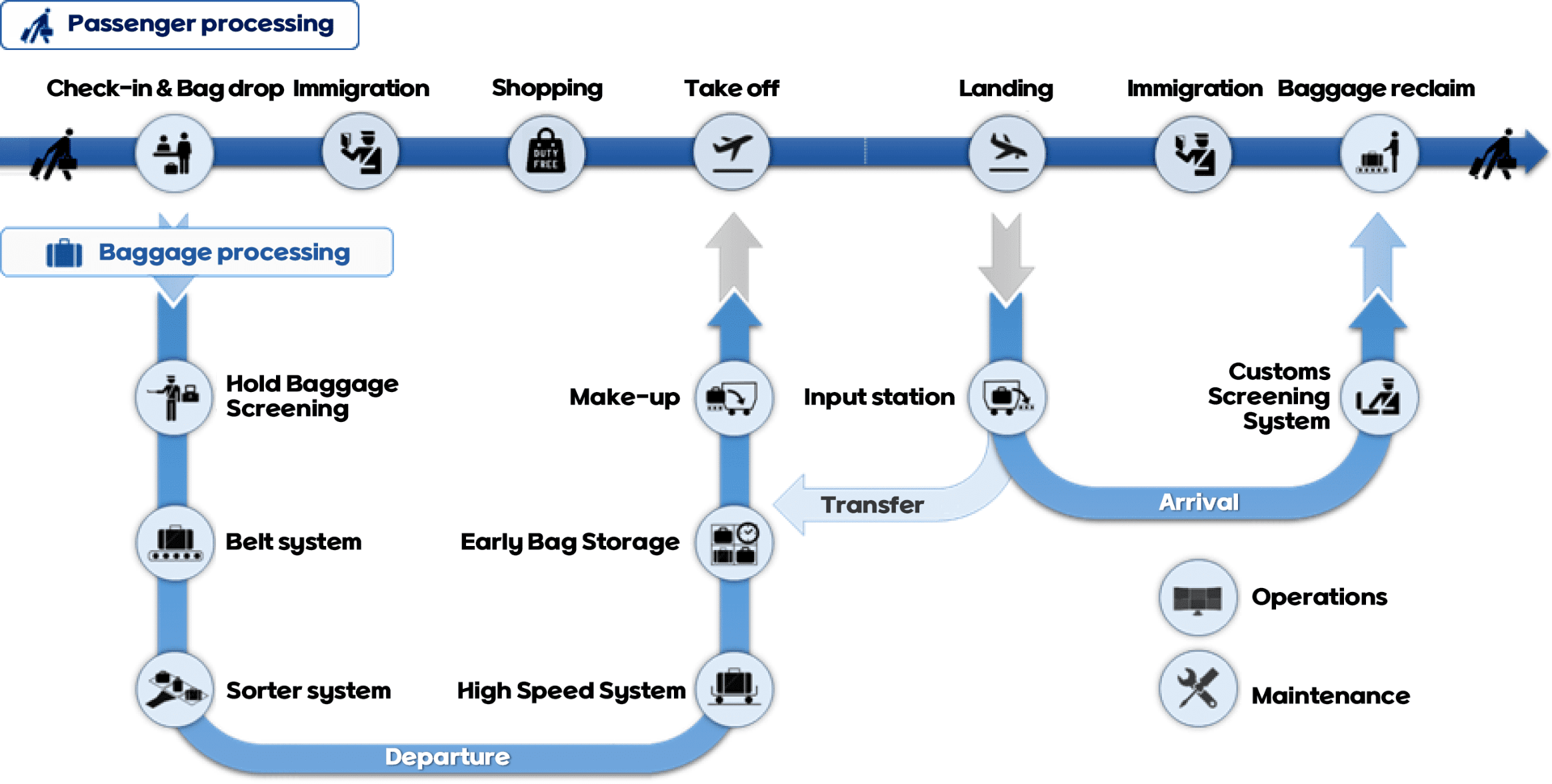- HOME
- PR
- NEWS
Prev
POSCO Group Collaborates with AWS to Spread AI in the Industrial WorkplaceNext
There are no next posts.POSCO Steelworks Develops AI-Based Automated Crane Transport System for Irregular Product Products
2025.10.01
- Development of special crane automation
technology for irregularly shaped wire coils by converging AI, IT, and OT
technologies.
- Pohang Steelworks successfully automated
Irregular Cranes with Vision AI and Anti-Sway Technology
POSCO Group has developed and applied at its steel mills a technology that integrates AI, IT, and automation to automatically transport irregularly shaped products using cranes. Utilizing this newly developed crane automation technology, it will enable the accurate and safe transport of wire coil products weighing up to eight tons at a time.
Wire coils, made of thin steel strips wound into spirals, are irregularly shaped products with varying sizes and packaging configurations. This makes shape recognition difficult and the process is prone to significant shaking during crane transport, making automation challenging. POSCO DX, in collaboration with POSCO, has overcome these technical challenges by integrating vision AI and precision positioning control technologies.
To move the shipped wire coils according to work instructions from the steel mill's integrated manufacturing execution system (MES), a LiDAR sensor attached to the crane is used to locate the coils. Next, AI-based image recognition technology locates the virtual center point of the wire coils, recognizes the outer/inner diameter/width, and automatically calculates the position and depth at which the crane hook (C-Hook) should enter based on the number of coils, which is then connected to the control system. Field verification results demonstrated excellent automation performance, recording a precision of within ±20 mm and a detection rate of 99.5%. POSCO DX explained that stable work automation is possible by accurately measuring the shape of the wire coils even in environments where the loaded coils are overturned or pressed against other products.
hook that hangs the wire being connected to a long rope causing shaking when the crane moves, which increases the work time, we also developed and applied an anti-sway technology that automatically controls the degree of shaking according to the rope length by predicting it in advance.
Furthermore, the company has further enhanced on-site safety by developing a safety management system to prevent accidents involving workers and vehicles colliding with cranes within the pre-load warehouse. This system involves attaching LiDAR sensors to key traffic areas in the product yard to accurately detect people and vehicles and automatically control crane operation when a collision with the crane is imminent. The project also utilized 3D LiDAR sensors from LiDAR specialist iYobot to establish a more precise control and monitoring system.
Building on this successful experience in developing crane automation technology, POSCO is pursuing the expansion of this technology to other steelworks sites. Furthermore, the company announced that it is conducting field verification of its own automated control technology, developed to automate plate cranes, another non-standard product.
A POSCO official said, “By successfully developing crane automation technology for non-standard products that were considered difficult to automate, we have once again proven the technological prowess of POSCO Group, which has been leading the way in realizing intelligent factories. ” He added, “Going forward, we will actively pursue solving difficult problems in manufacturing and logistics sites by advancing DX technology using AI.”
Meanwhile, POSCO Group is moving forward with the implementation of the Intelligent Factory, an intelligent autonomous manufacturing process that leverages collaboration between people, AI, and robots . By concentrating its capabilities, POSCO Group plans to secure cost competitiveness through digital transformation(DX) and strengthen the establishment of a safe work environment by replacing high-intensity, high-risk tasks with AI and robots.
